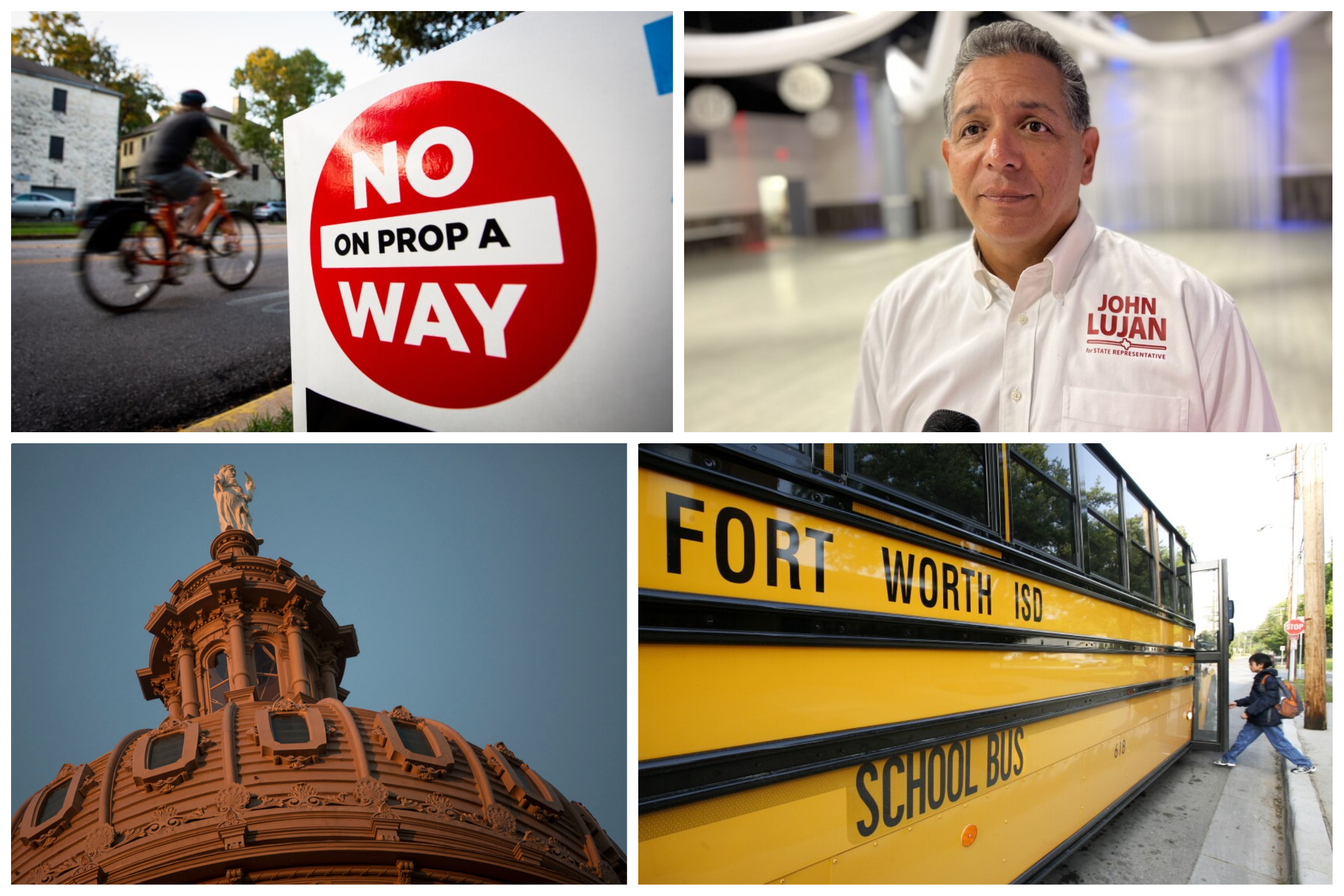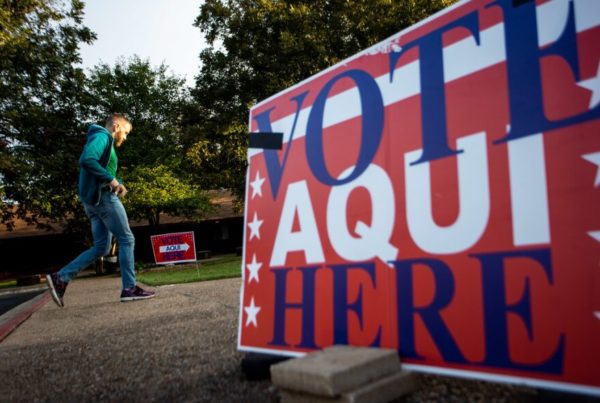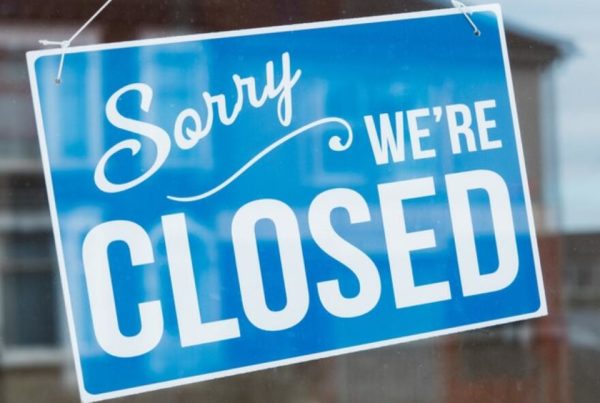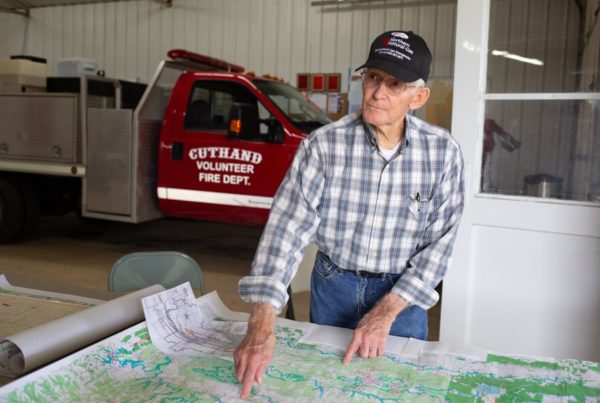Texas voters approved all eight of the proposed amendments to the state’s Constitution on the ballot on Election Day. There were mixed results for local elections, however.
For the constitutional amendments, they included measures that would allow raffles at rodeos, prohibit governments from limiting the size of religious gatherings, and change the qualifications required for certain legal positions.
Texas Standard spoke with Richard Pineda, director of the Sam Donaldson Center for Communication at the University of Texas at El Paso, about the amendments. Listen to the interview in the audio player above, or read excerpts and details about each amendment below.
Scroll down for local election results from Austin, San Antonio and Fort Worth.
Constitutional amendments
– Prop 1: Charitable raffles at rodeos – Passed
Richard Pineda: “The Legislature had passed the ability for sporting organizations to host those fundraisers. But the way that the language was written, it could have excluded rodeos. And so that lobby and those folks made the case that they needed to be included. So this is a little bit of arcane procedure … but, I mean, this hearkens back to just the way that the framers of the state Constitution drafted the rules.”
– Prop 2: Allowing counties to issue bonds for transportation and infrastructure projects – Passed
– Prop 3: Prohibiting state limits on religious services – Passed
“This is a result of everything that happened during the pandemic. So, putting in a law like this to the state Constitution means that a local authority – a county or a city – cannot put restrictions on people going to religious services. Now that, of course, was ground in the public health need and public health interests that we saw during the pandemic. But but obviously that’s a lightning rod. And I think that in this case, the Legislature and the governor knew that this was going to get a certain kind of reaction.”
– Prop 4: Raising the qualifications needed to become a state Supreme Court or appeals court judge – Passed
– Prop 5: Giving the State Commission on Judicial Conduct Oversight authority for judicial candidates, not just office holders – Passed
– Prop 6: Letting residents of nursing homes designate an essential caregiver who can’t be denied in-person visits – Passed
“This was driven by the fact that quite a few of the folks who had loved ones in those kinds of facilities weren’t allowed to see them. So you know this one, I think again, probably ultimately not controversial, but the question was, do you risk public health? And the actual legislative policy’s very clear, and it puts in some specific rules [that], if you violate, you can’t actually go in. But I think this was about making sure that residents were not left alone during some sort of a major crisis.”
– Prop 7: Limits on school district property taxes for the surviving spouse of a person who had disabilities – Passed
– Prop 8: Expanding eligibility for the homestead tax exemption to military members killed in the line of duty, not just killed in action – Passed
“That limitation on municipalities, for example, [and] not being able to prohibit religious services, I mean, that’s simply common sense from a public health perspective to say you just can’t have gatherings, right? It doesn’t matter if they’re going to the grocery store or the movies or church. But I think the very nature of how that was written and how it was debated reveals, I think, the the conservative arc that we’re seeing. But I don’t think that the propositions by themselves stand out, and Texas has had a pretty lengthy contemporary history of passing propositions. I mean, it really has to be an outlier for a proposition to fail.”














